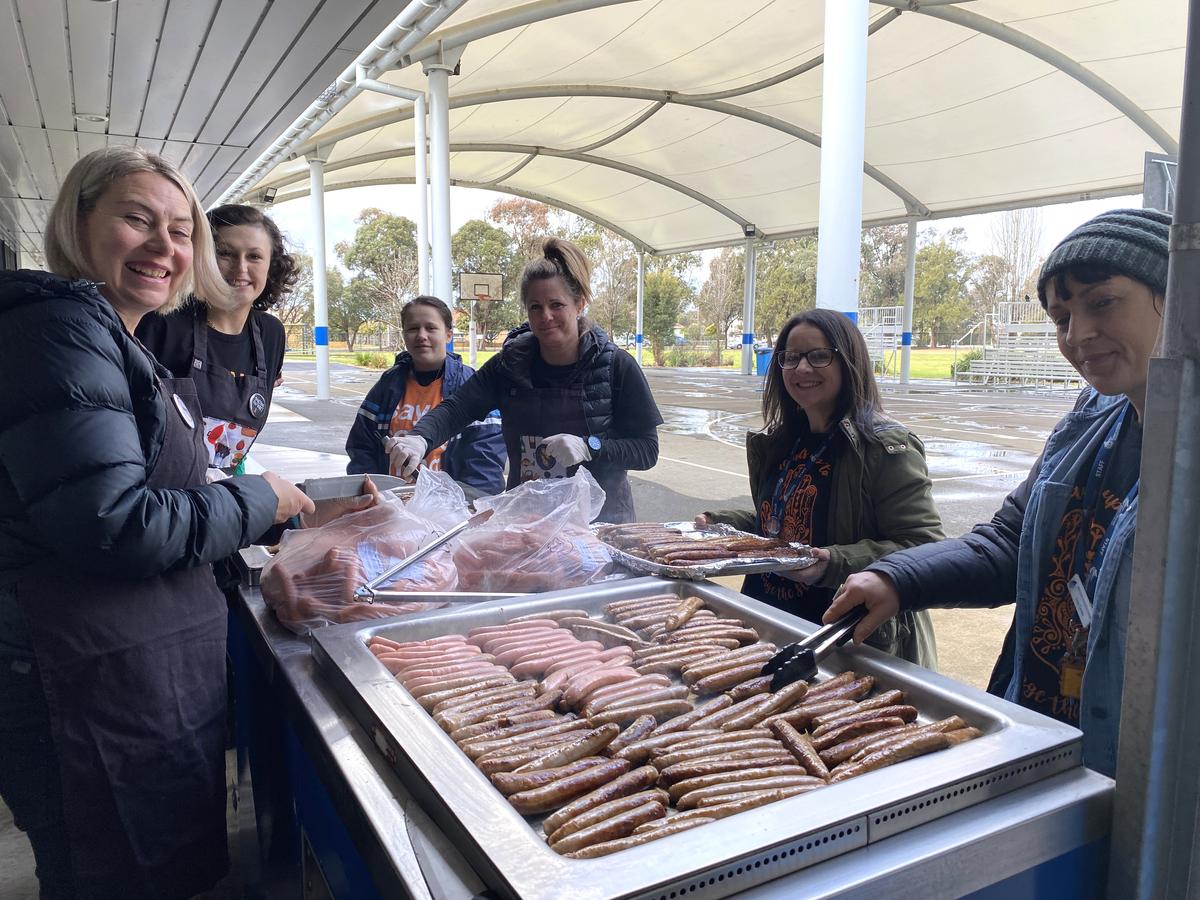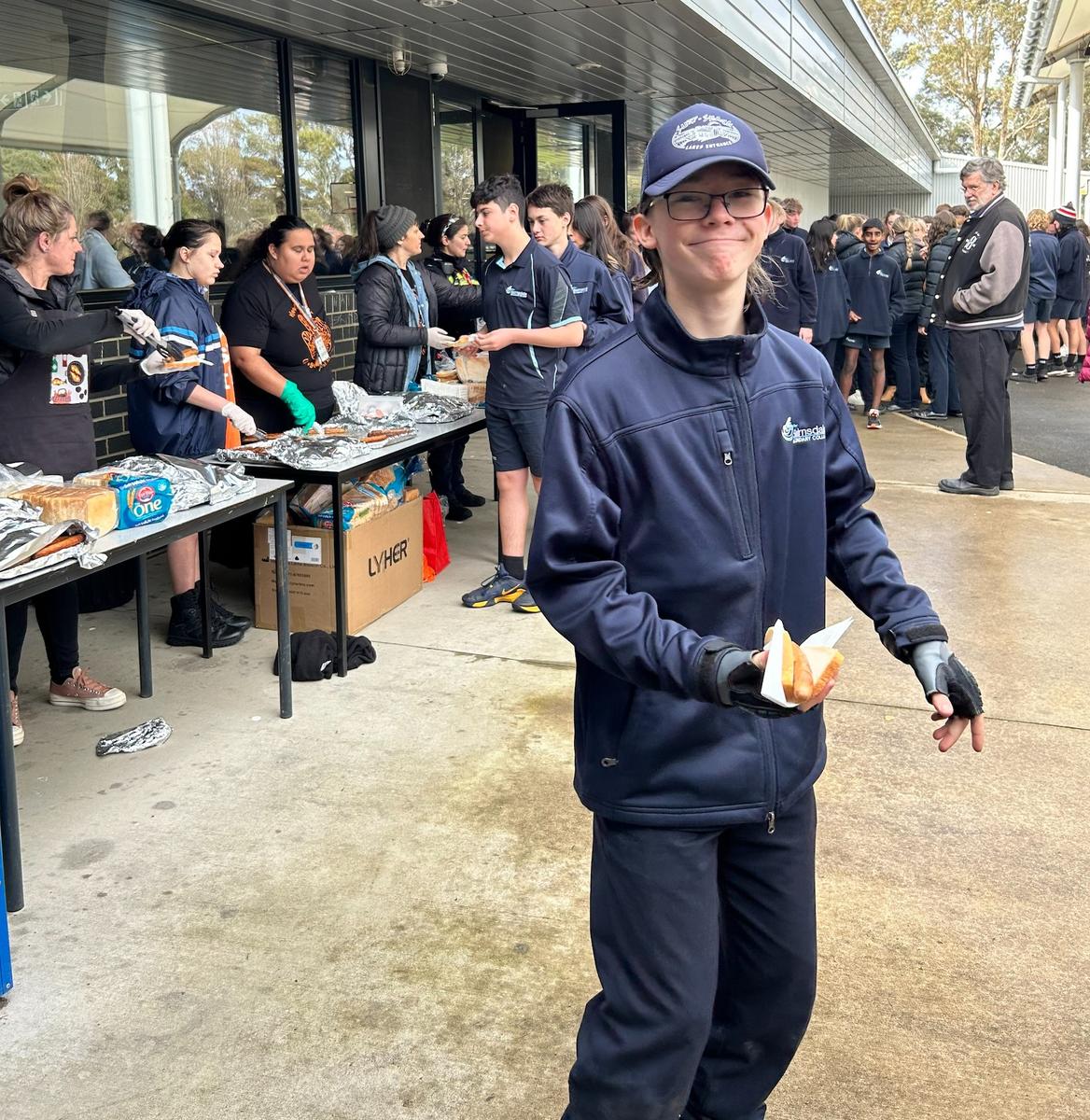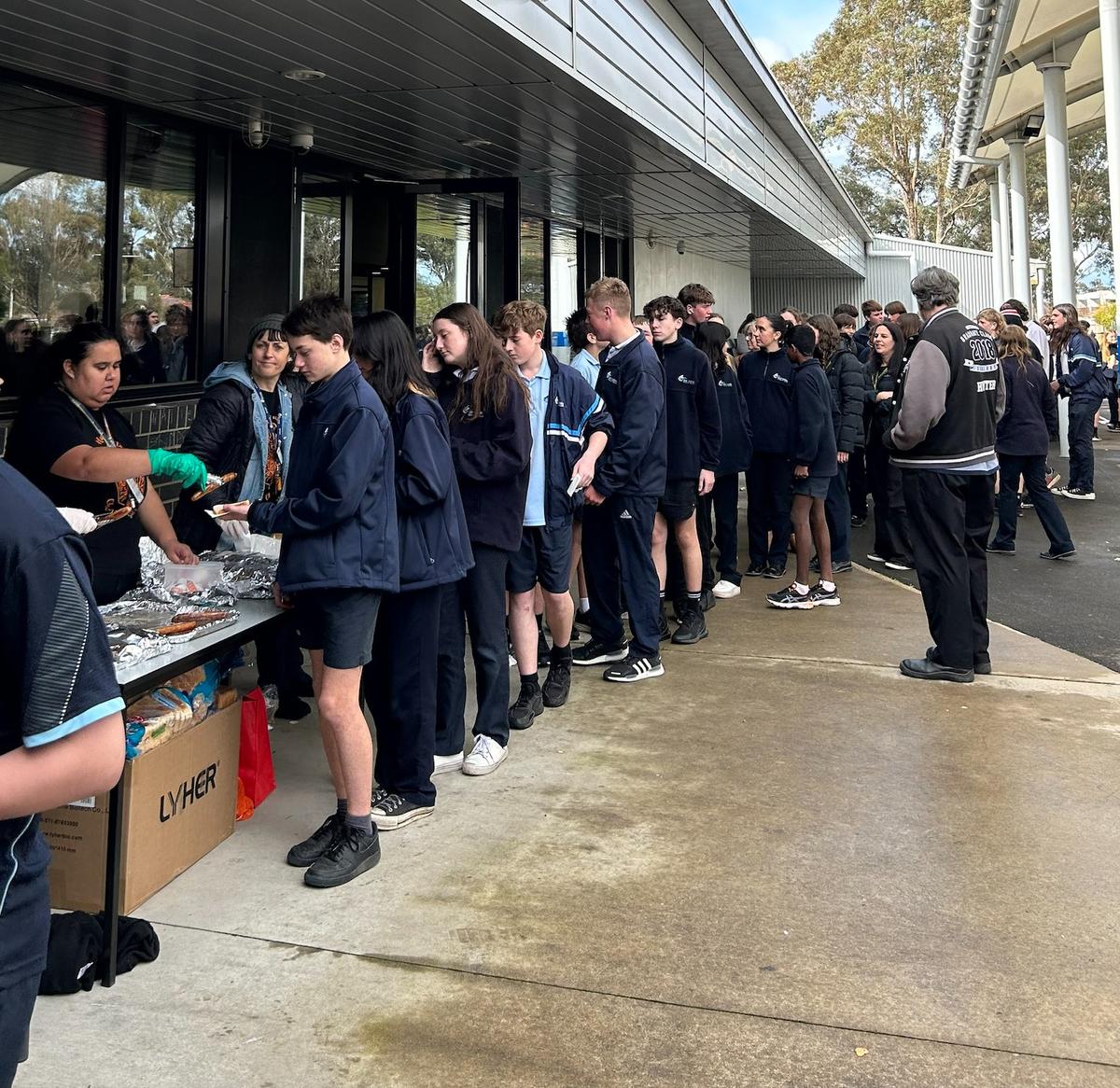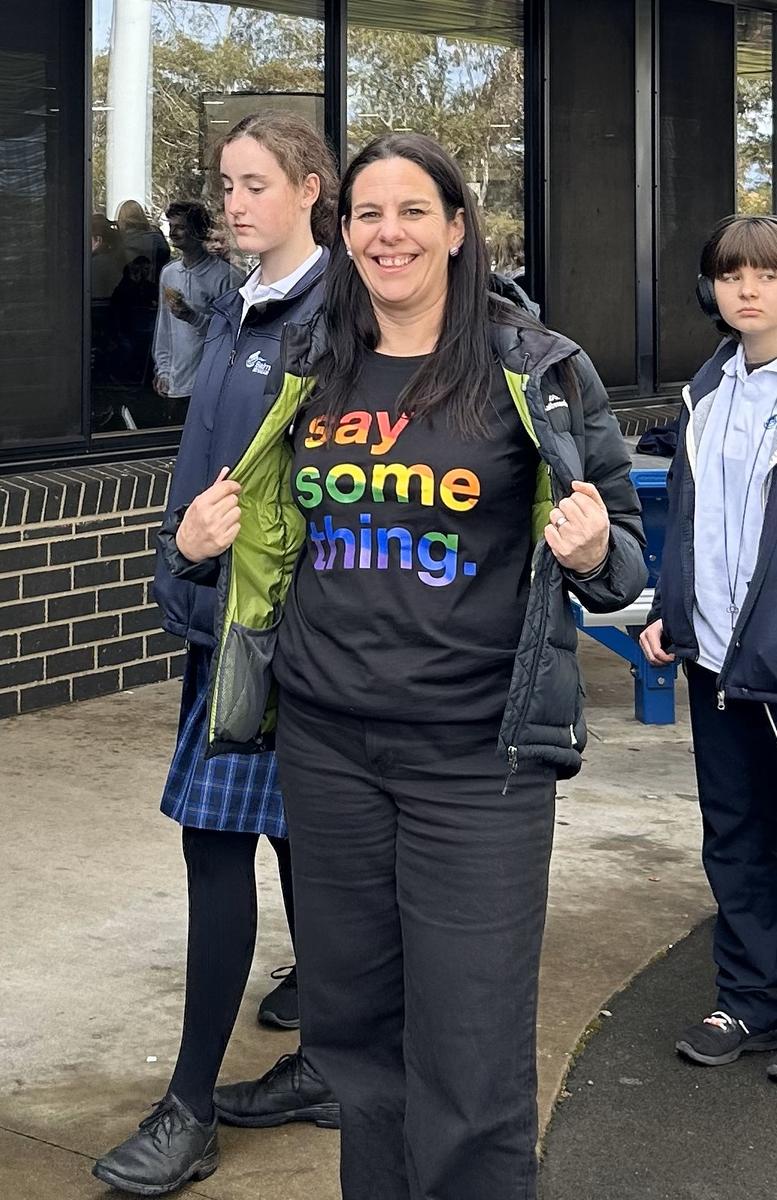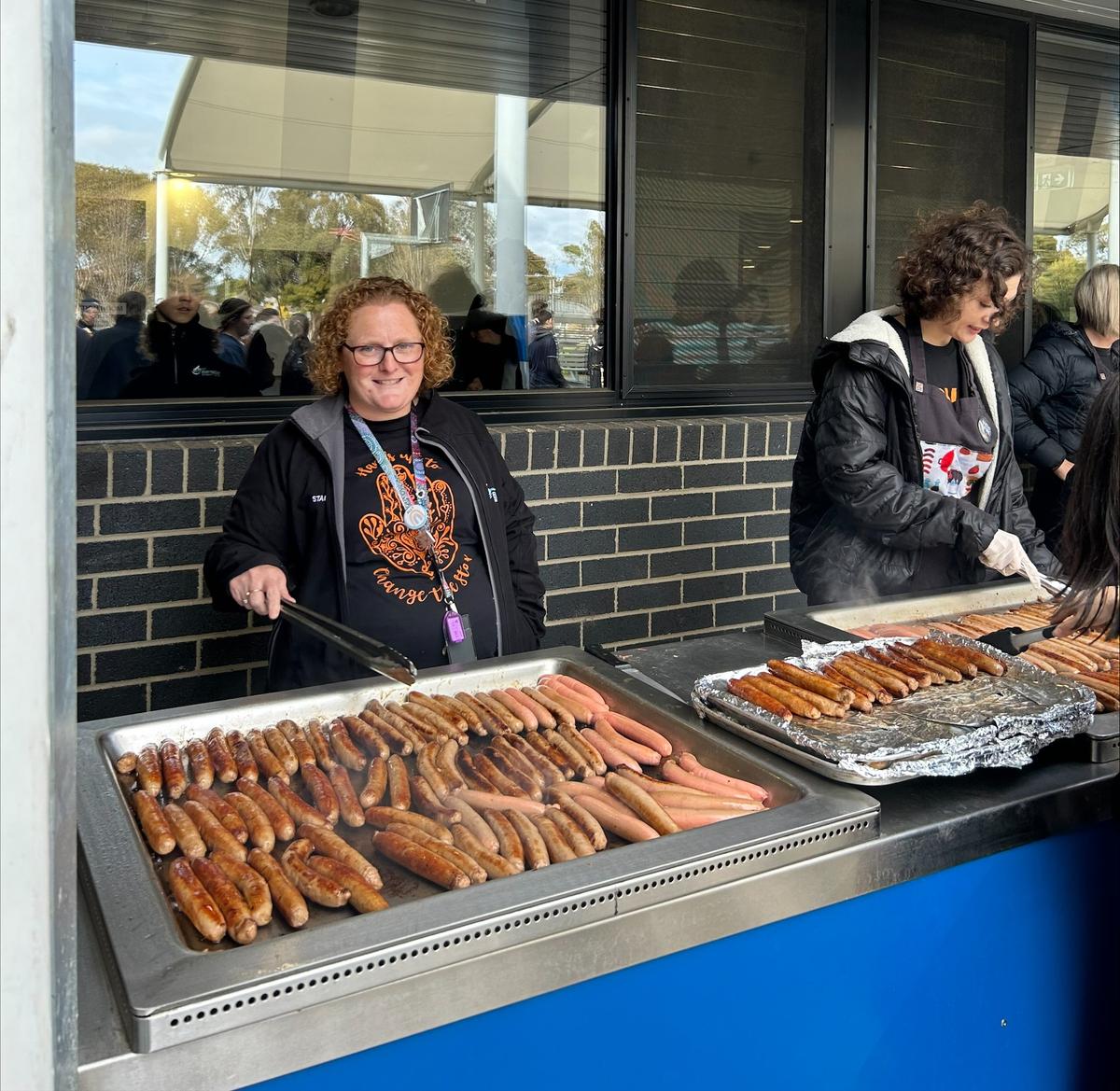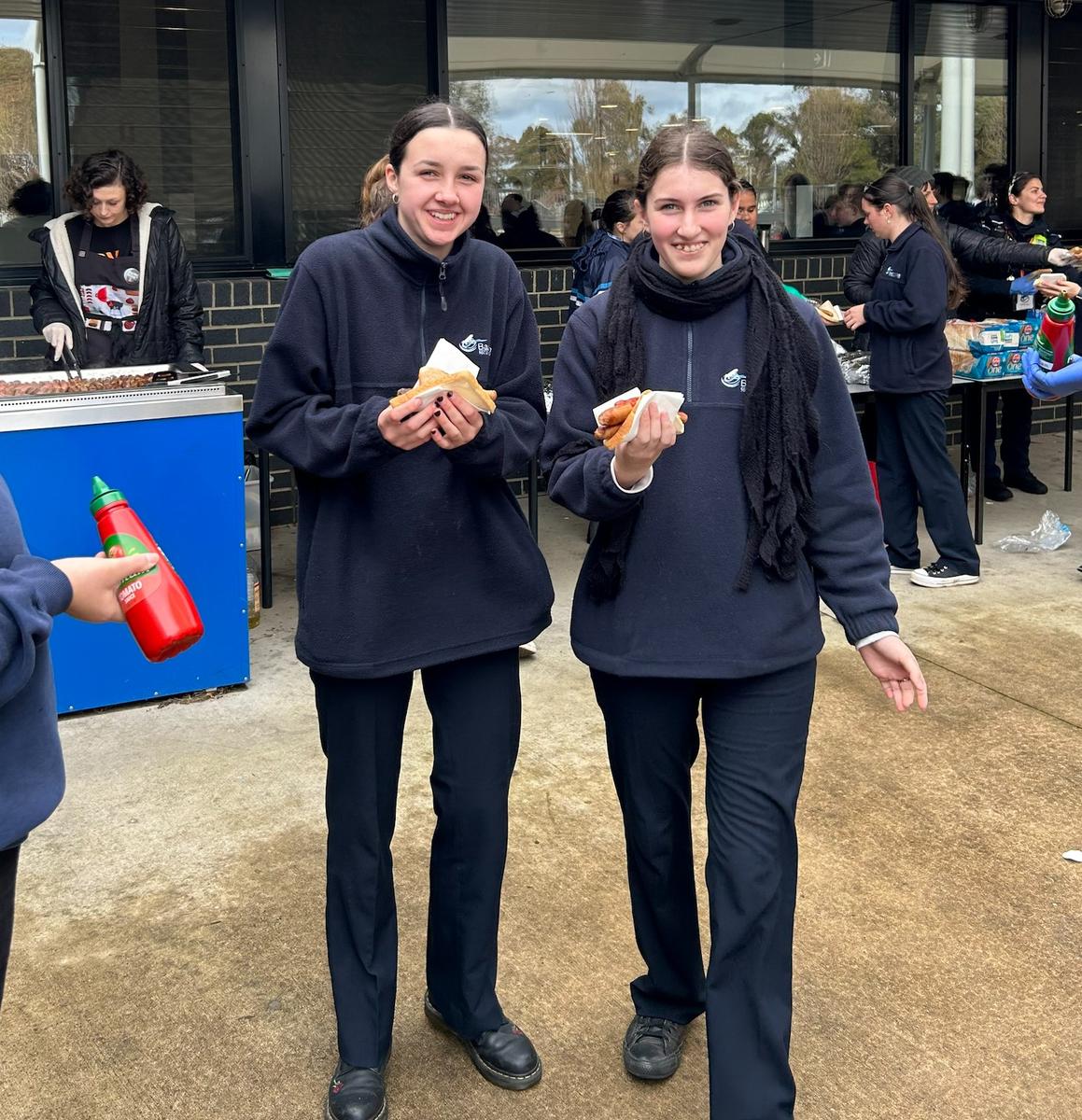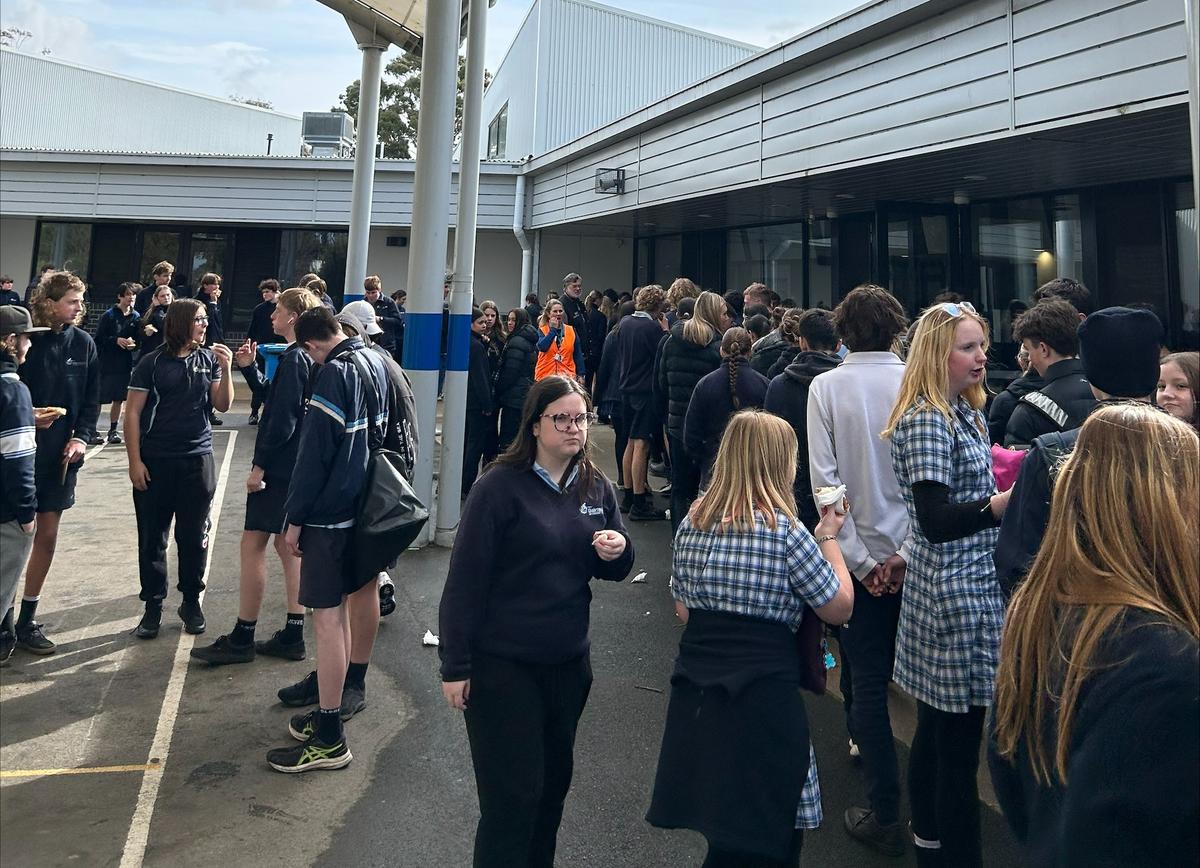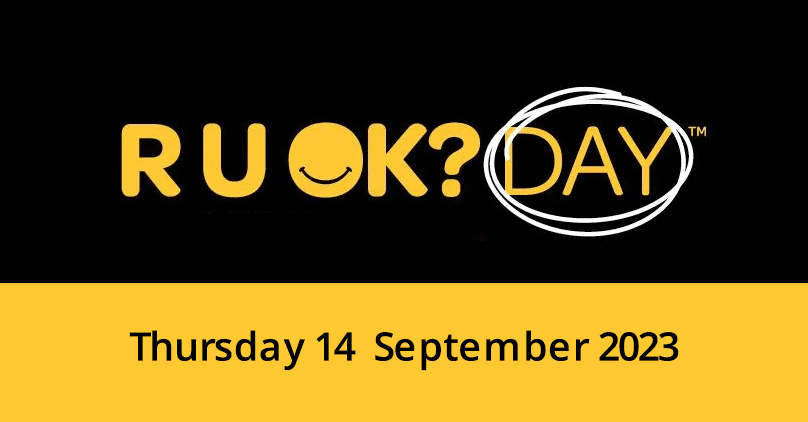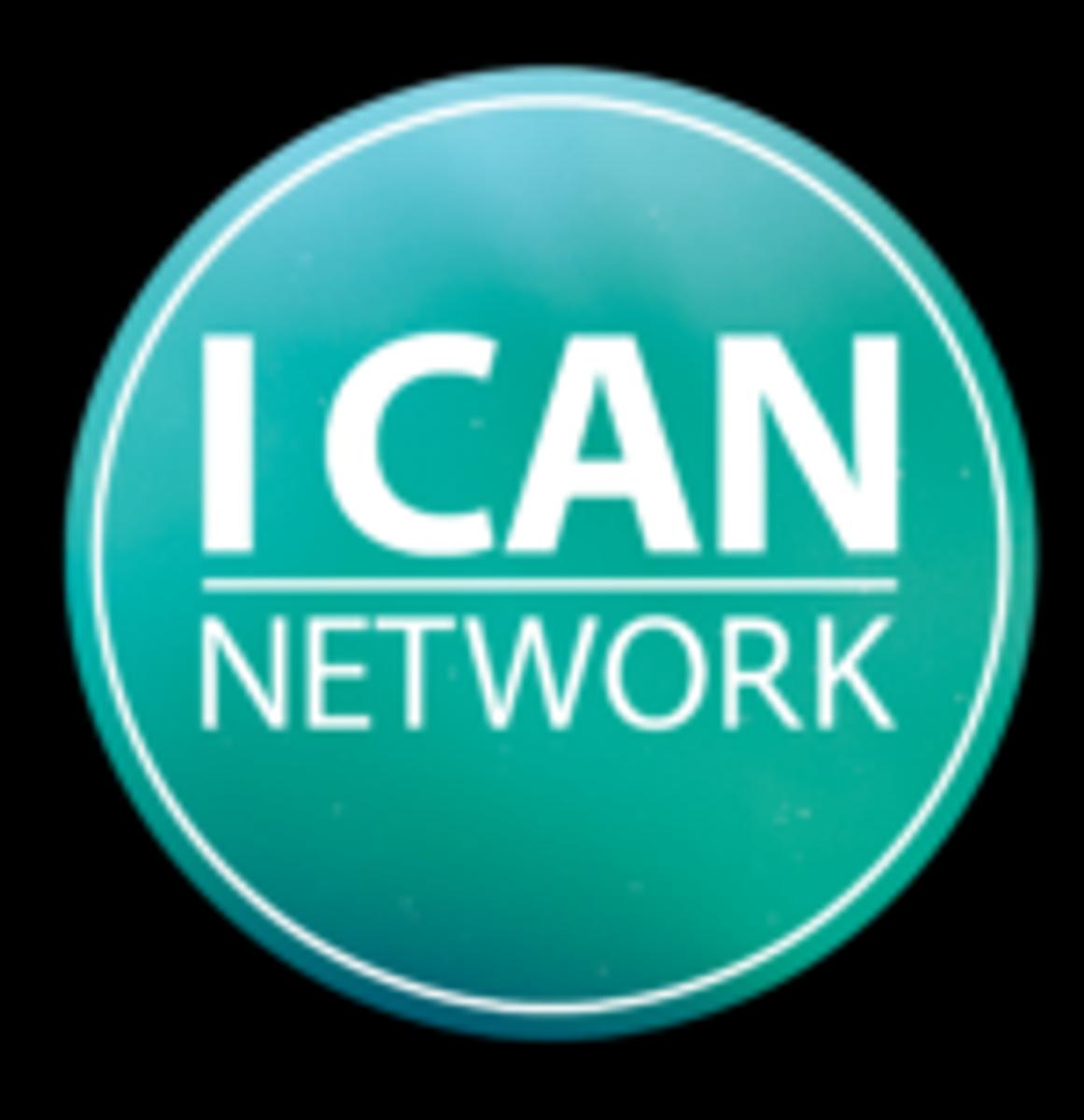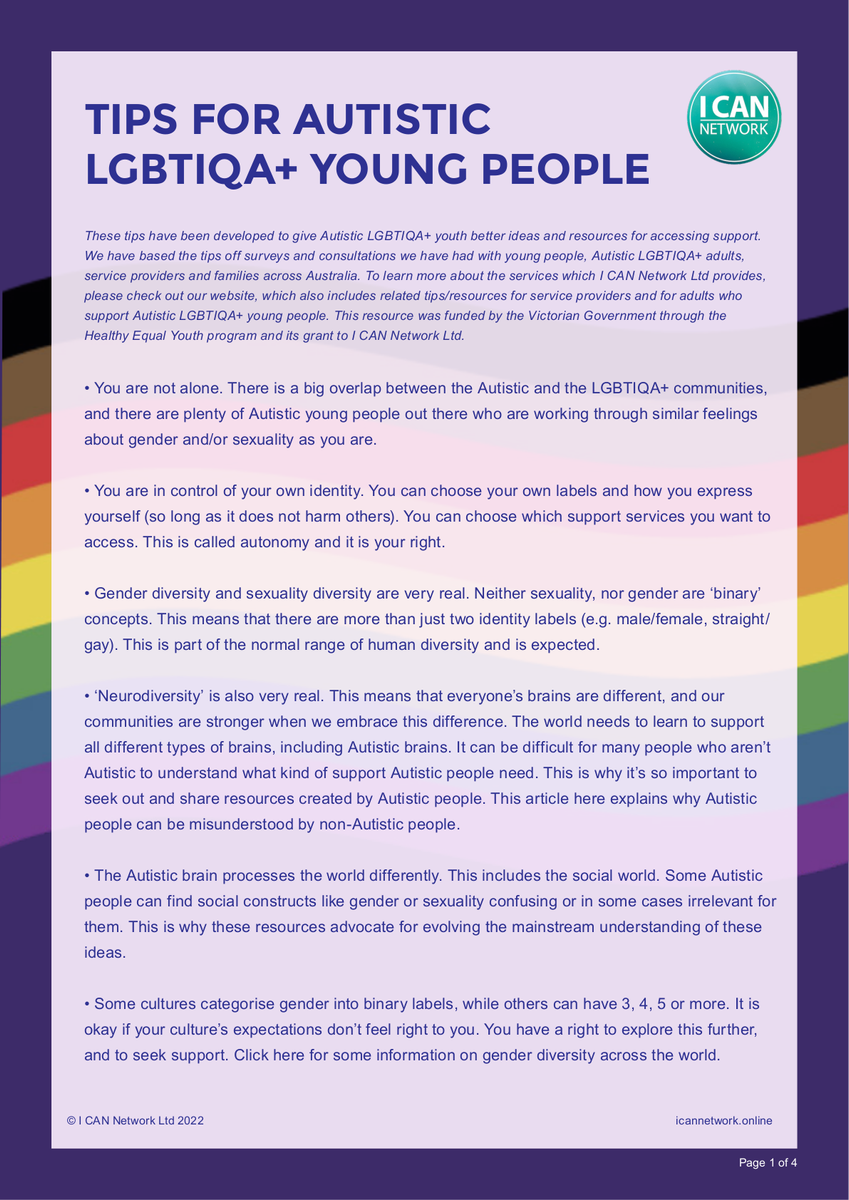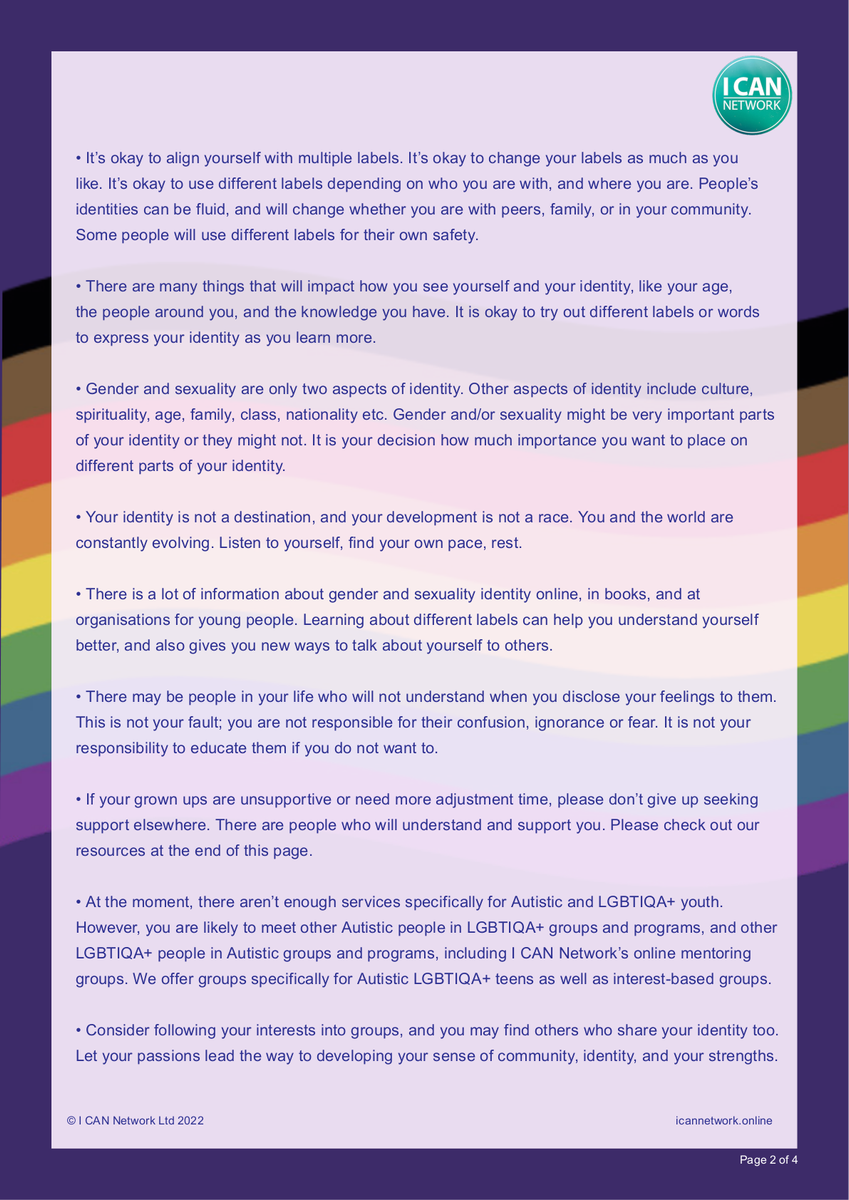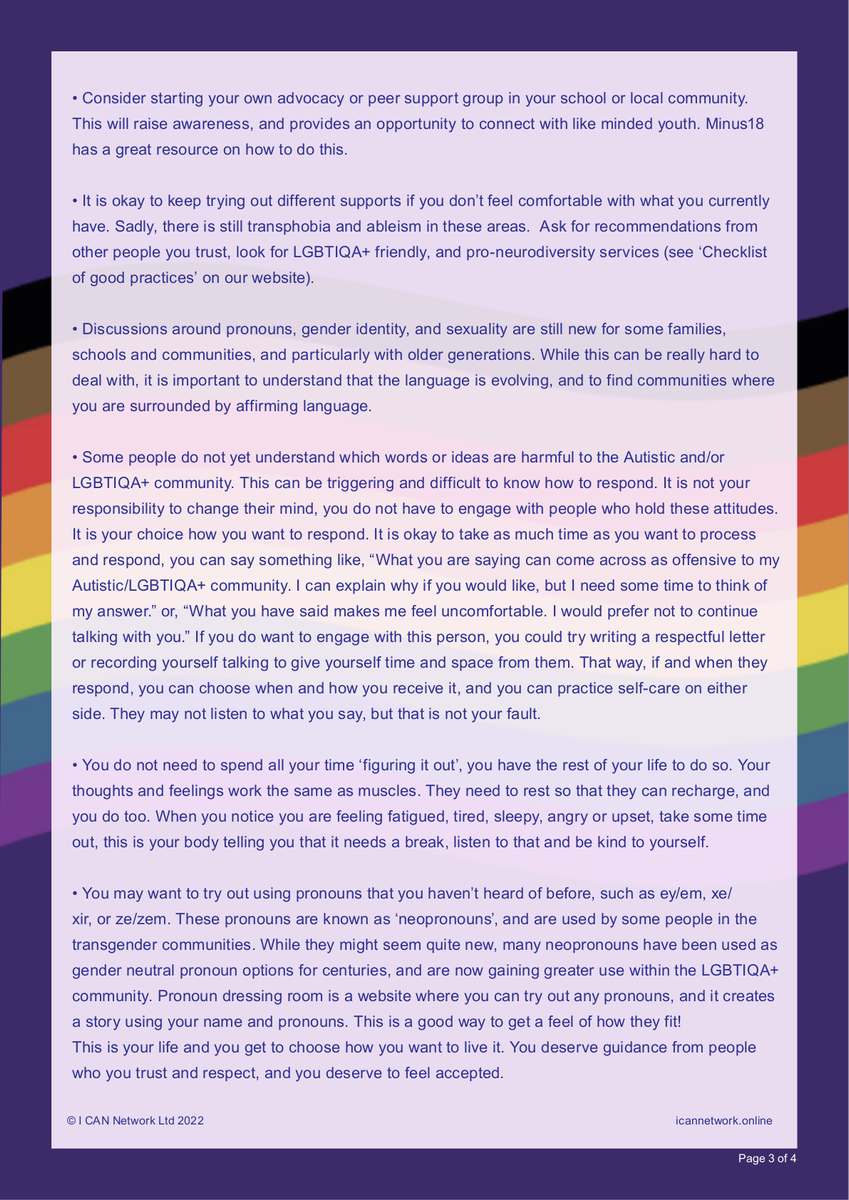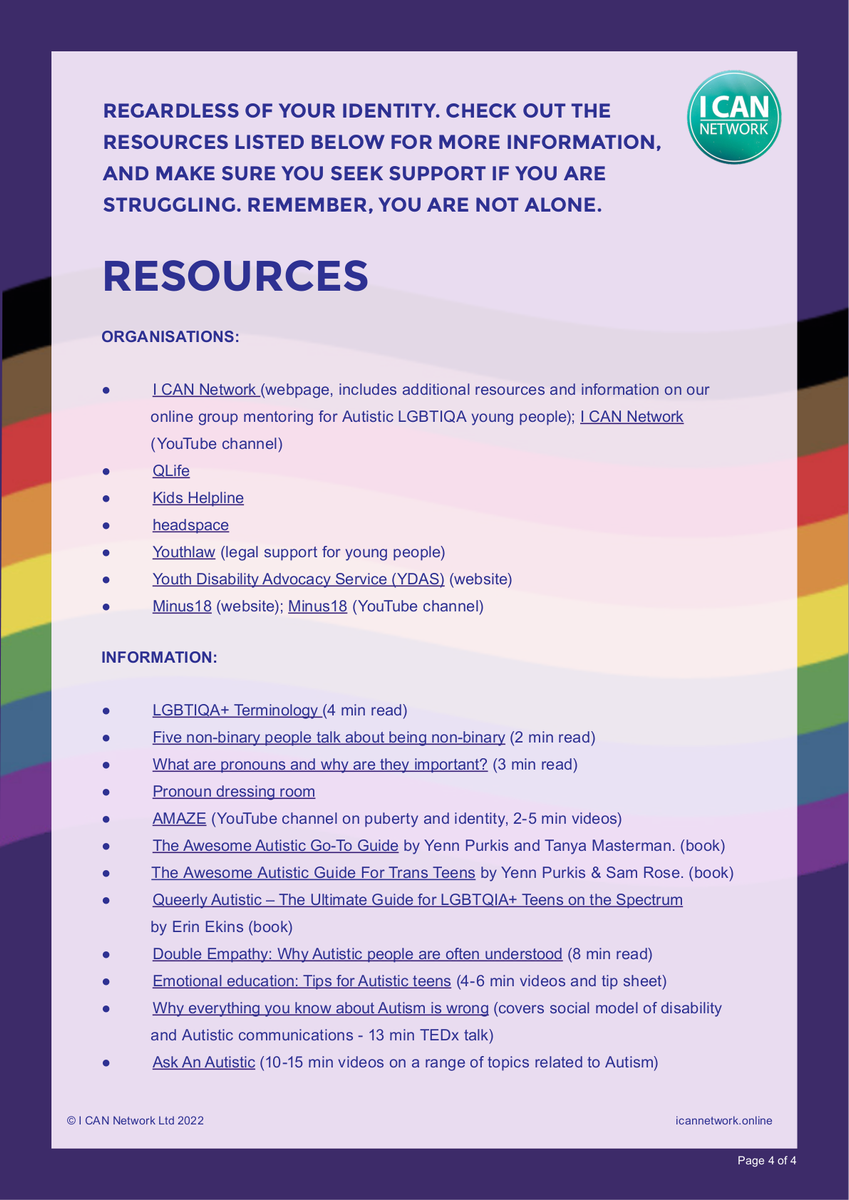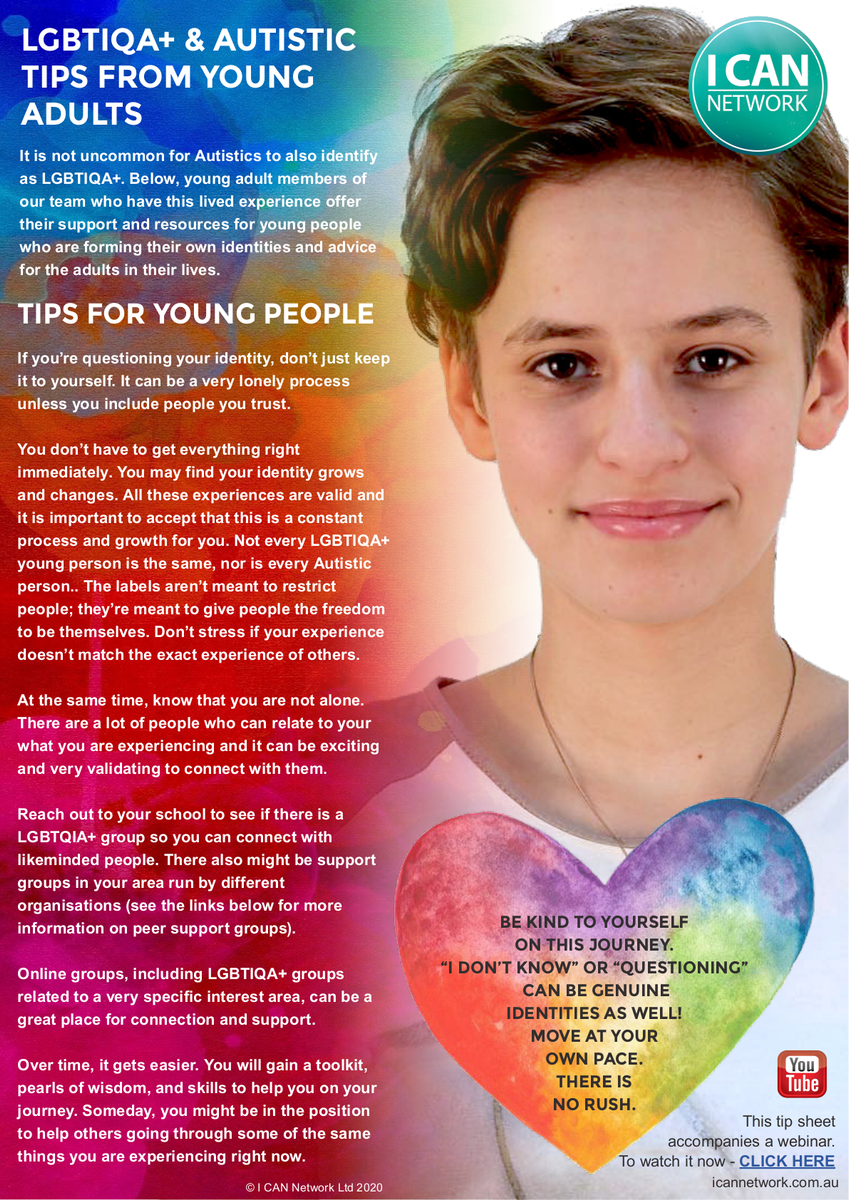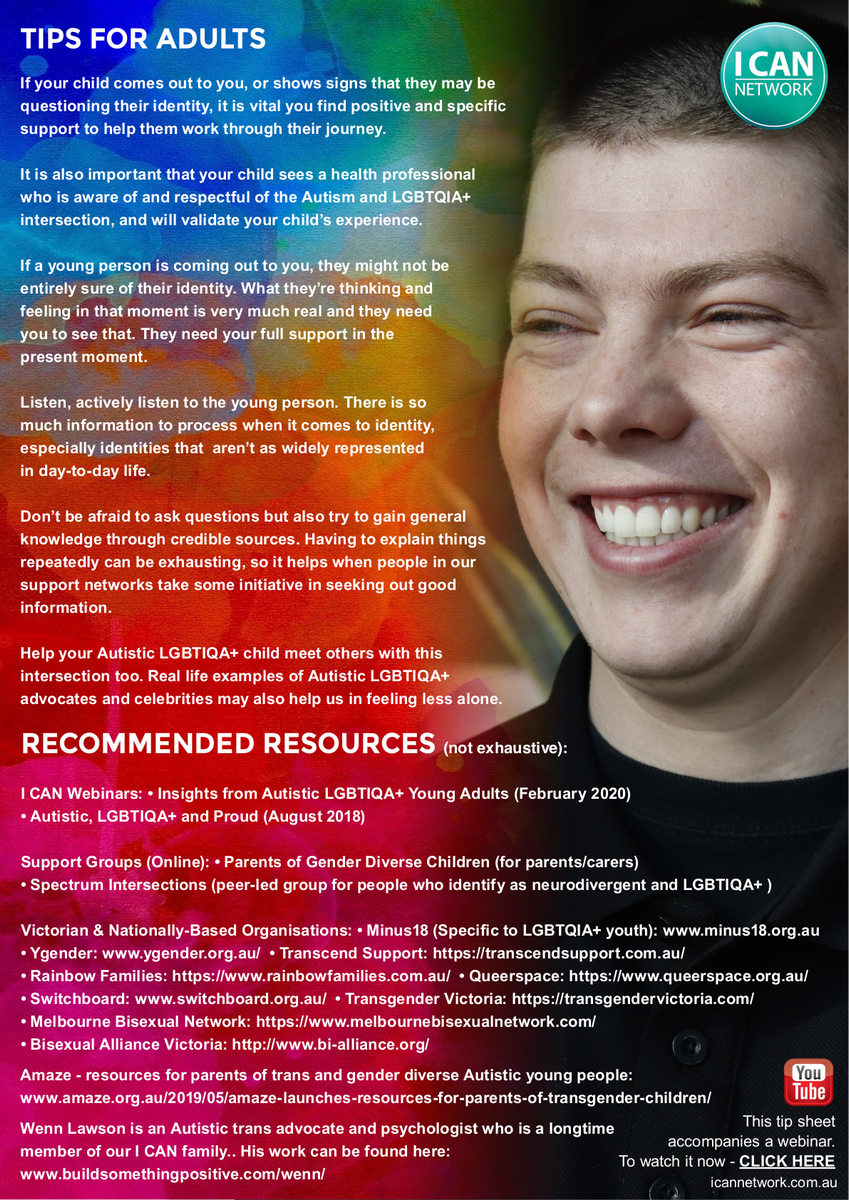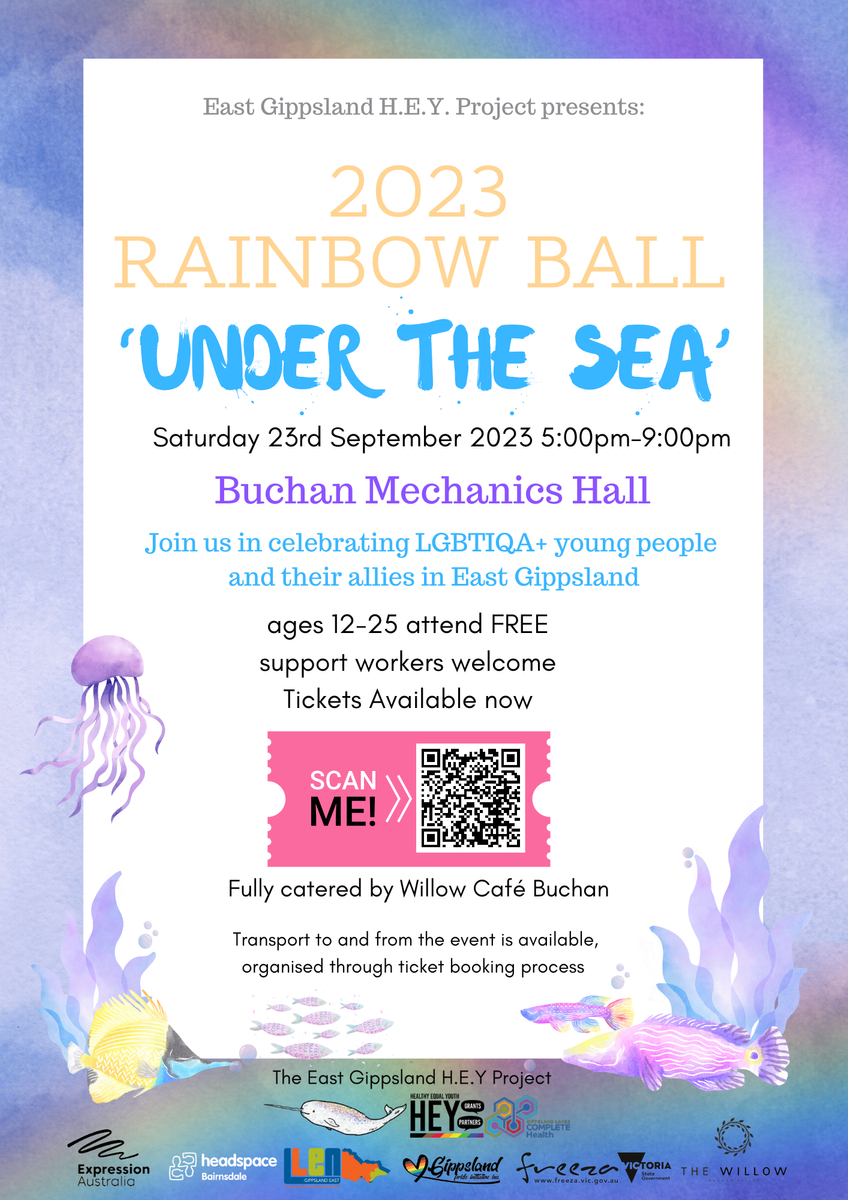Wellbeing
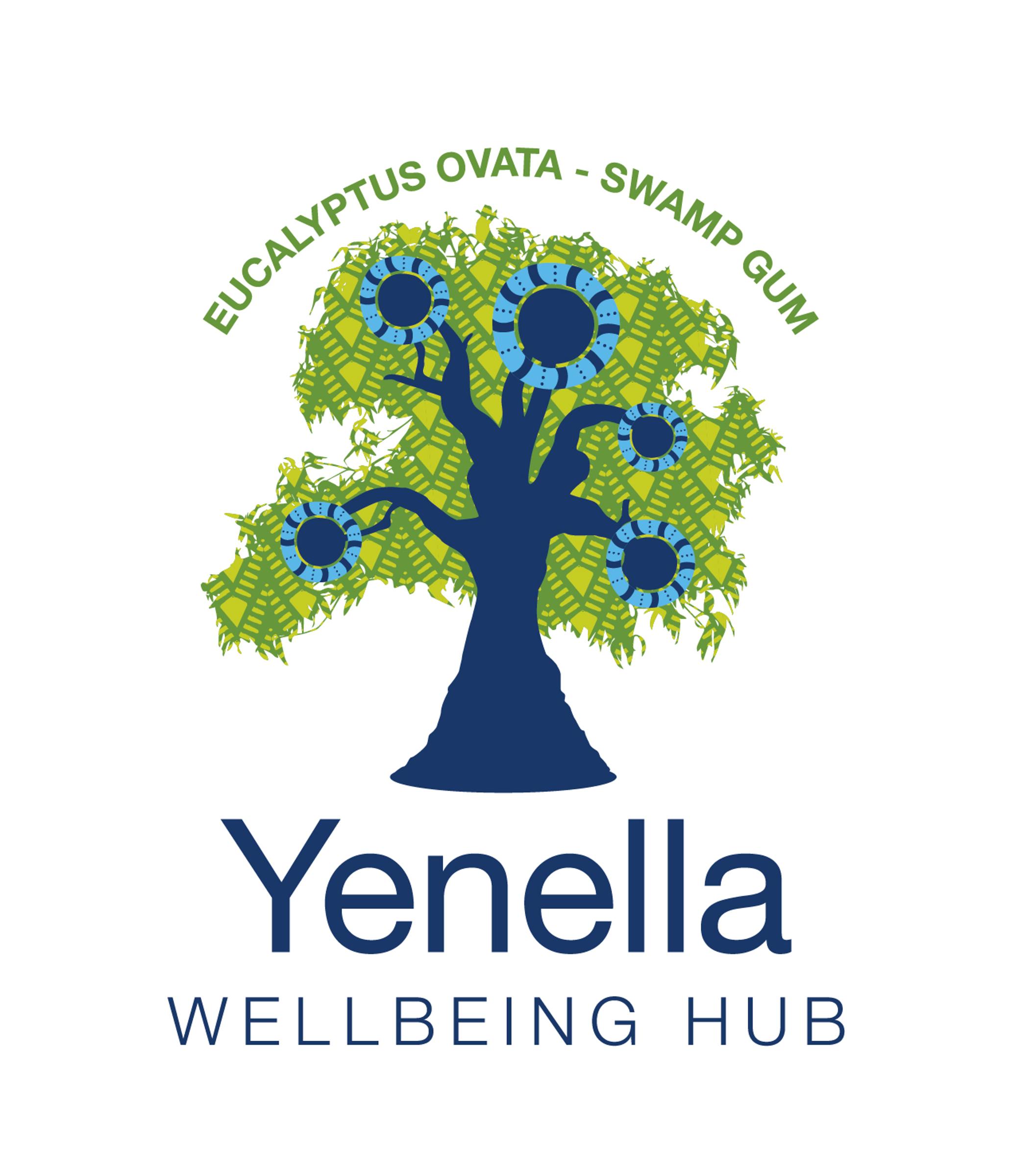
On Friday 18th August, Bairnsdale Secondary College acknowledged the National Day of Action Against Bullying and Violence, which coincided with National Bullying Prevention Week. To mark the occasion, the Wellbeing team put on a free BBQ for students and staff during Break 2 at the undercover basketball courts. With the assistance of students, LSAs, teachers and two members of the Bairnsdale Police Force, the Wellbeing team cooked up 700 sausages which were welcomed hungrily by the huge crowd. A big thank you to each and every one who helped contribute to a successful event.
The theme for 2023 is 'Growing Connections', supporting research findings that strong school community connections and social skills are protective factors in the prevention of bullying, helping enable positive, help-seeking behaviours in students.
HAVE YOUR SAY ABOUT YOUTH MENTAL HEALTH IN OUR COMMUNITY!
Gippsland Primary Health Network will deliver a new Youth Enhanced Program in 2024 after co-designing the model with local communities, health services and community care organisations. The services will increase access to enhanced primary mental health services for Gippsland youth aged 12-25 who live with or are at risk of severe and complex mental health issues. Through its Policy Strengthening Mental Health in Australia, the Australian Government outlined a package of commitments targeting youth mental health with a particular emphasis on severe mental illness. It engaged Orygen, an organisation focused on youth mental health, who developed a model known as Youth Enhanced Services (YES). Gippsland PHN will hold three workshops to help adapt the Orygen model for Gippsland. They are:
- For health professionals – Tuesday 5 September 2023, 12.30-1.30pm, register here
- For health professionals – Tuesday 5 September 2023, 5.30-6.30pm, register here
- For community – Thursday 7 September 2023 11.30am-12.30pm, register here
People can also provide feedback via this survey.
R U OK? Day 2023 is our National Day of Action when we remind Australians that every day is the day to ask, ‘are you OK?’ and start a meaningful conversation whenever they spot the signs that someone they care about might be struggling with life. R U OK? contributes to suicide prevention efforts by encouraging people to invest more time in their personal relationships and building the capacity of informal support networks – friends, family and colleagues - to be alert to those around them, have a conversation if they identify signs of distress or difficulty and connect someone to appropriate support, long before they're in crisis. BSC will be acknowledging the day by encouraging students and staff to accessorise with 'yellow' on the day and a soccer match will be held during Break 1. Worried about someone? Use these four steps to start a conversation that could change a life:
ASK R U OK?
- Be relaxed, friendly and concerned in your approach.
- Help them open up by asking questions like "How are you going?" or "What’s been happening?"
- Mention specific things that have made you concerned for them, like "You seem less chatty than usual. How are you going?"
LISTEN
- Take what they say seriously and don't interrupt or rush the conversation.
- Don’t judge their experiences or reactions but acknowledge that things seem tough for them.
- If they need time to think, sit patiently with the silence.
- Encourage them to explain: "How are you feeling about that?" or "How long have you felt that way?"
- Show that you've listened by repeating back what you’ve heard (in your own words) and ask if you have understood them properly.
ENCOURAGE ACTION
- Ask them what have they done in the past to manage similar situations.
- Ask: “How would you like me to support you?"
- Encourage them to think of at least one thing that could help them lighten the load.
- Something that’s enjoyable or relaxing. Better yet, do it together!
- If they've been feeling really down for more than two weeks, encourage them to access professional support.
CHECK IN
- Pop a reminder in your diary or phone to call them in a couple of weeks. If they're really struggling, follow up with them sooner.
- You could say: "I've been thinking of you and wanted to know how you've been going since we last chatted."
- Ask if they've found a better way to manage the situation. If they haven't done anything, don't judge them. They might just need someone to listen to them for the moment.
- Stay in touch and be there for them. Genuine care and concern can make a real difference.
At I CAN Network, we embrace the diversity of the Autistic community. There are a significant number of Autistic people who also belong to the LGBTIQA+ community, an intersection that is reflected in formal research, rich anecdotal evidence from around the world and from the lived experience of many of our mentors and the young people we serve. We recognise that Autistic-LGBTIQA+ community members are particularly susceptible to discrimination, marginalisation and poor mental health outcomes due to lack of acceptance and meaningful support. We want to help these members of our community to thrive and know that we can play an important role through peer support, amplifying the voices of those with lived experiences, and sharing related resources.
ONLINE GROUP MENTORING FOR AUTISTIC LGBTIQA+ TEENS & YOUNG ADULTS
As part of our robust online mentoring program, we are proud to offer groups designed for Autistic teens and young adults, respectively, who are also LGBTIQA+ (including those who are questioning). These groups offer a safe space for participants to connect with peers and mentors who can relate and explore topics including, but not limited to: Autistic & Queer identity, pronouns, Queer culture, belonging, gender, sexuality, social connections, self-care, emotion regulation and sensory needs. The cornerstones of I CAN – promoting acceptance, pride, embracing differences and celebrating strengths – serve as powerful protective factors as Autistic LGBTIQA+ participants navigate their teen and young adult years. Our Autistic LGBTIQA+ groups are open to ages 13-22, with participants placed with similar aged peers. Each group is led by a team of adult mentors who are Autistic and LGBTIQA+ themselves. To learn more about our online group mentoring for Autistic-LGBTIQA+ teens and young adults, or for information on our other groups that cater for ages 8-22 (all offered on an all-gender basis) please see our I CAN ONLINE page.


